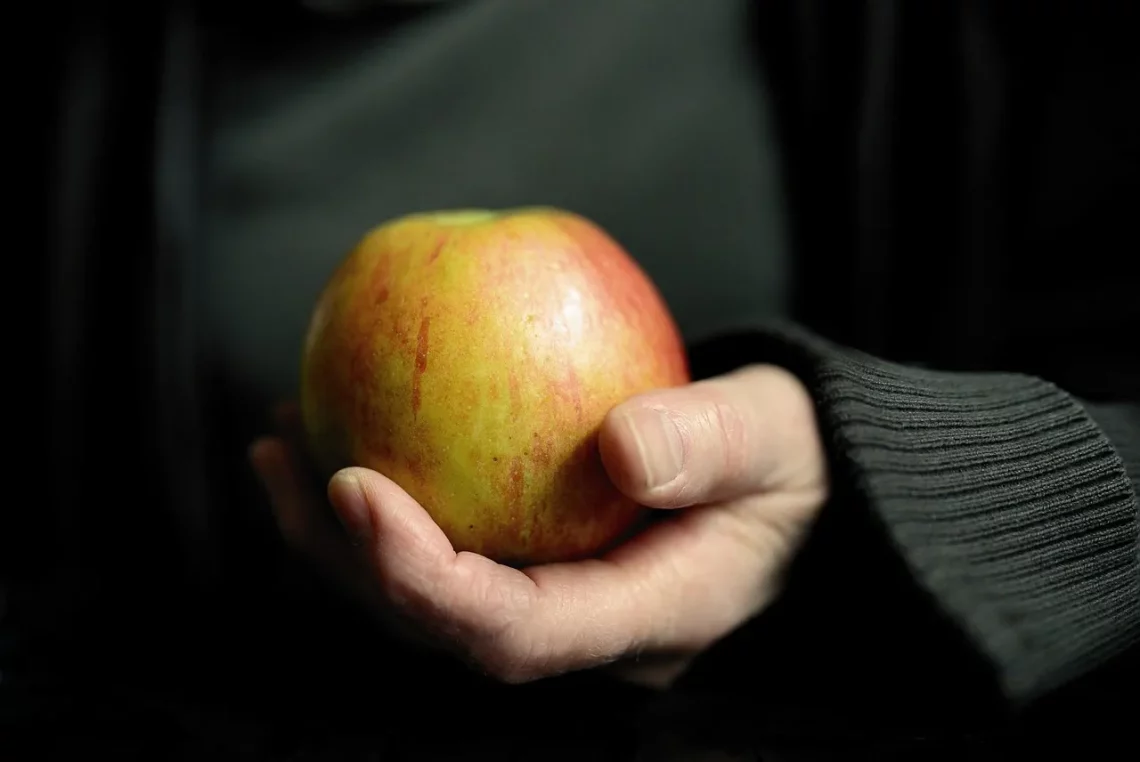
Can Rabbits Eat Guinea Pig Food? Understanding Their Dietary Needs
Rabbits and guinea pigs are two of the most popular small pets, each with their own unique dietary needs and preferences. Understanding what each species requires for optimal health can be a daunting task for pet owners. While both animals belong to the same family—Lagomorphs for rabbits and Caviidae for guinea pigs—they have different nutritional requirements that must be met to ensure their well-being. The question arises: can rabbits eat guinea pig food? This inquiry touches on the complexities of pet nutrition, as well as the potential risks and benefits associated with feeding one type of animal the diet meant for another.
In the wild, rabbits are herbivores that primarily consume grass, hay, and a varied selection of leafy greens. Their digestive systems are specifically adapted to process high-fiber foods, which help maintain their health and prevent common issues such as gastrointestinal stasis. On the other hand, guinea pigs are also herbivores but have distinct needs that include a higher requirement for vitamin C, which they cannot synthesize on their own. This fundamental difference in dietary requirements raises important considerations for pet owners who may be tempted to share food between these two beloved pets.
In this article, we will explore the dietary needs of both rabbits and guinea pigs, the implications of feeding guinea pig food to rabbits, and the best practices for ensuring that both animals receive the nutrition they need to thrive. Understanding these factors is crucial for any pet owner looking to provide the best care for their furry friends.
Understanding Rabbit Dietary Needs
Rabbits have a specialized digestive system that requires a diet high in fiber to function correctly. The primary component of a rabbit’s diet should be hay, which provides the necessary roughage to promote healthy digestion. Timothy hay, meadow hay, and orchard grass are excellent choices that help maintain gut health and prevent obesity. The high-fiber content in these hays aids in dental health as well, as it naturally wears down the rabbit’s continuously growing teeth.
In addition to hay, fresh leafy greens play a vital role in a rabbit’s diet. Vegetables such as romaine lettuce, kale, and cilantro can be offered in moderation. However, not all vegetables are safe for rabbits, so it’s essential to research which ones are appropriate. Fruits should be considered treats and given sparingly due to their high sugar content.
Pellets are another component of a rabbit’s diet but should be given in limited quantities. High-quality pellets can supplement their nutritional intake, but they should not be the primary source of food. Many commercial rabbit pellets contain unnecessary fillers and sugars that do not align with a rabbit’s natural dietary needs.
Water is equally critical, as rabbits require constant access to fresh, clean water. Dehydration can lead to serious health issues, so ensure your rabbit has a reliable water source at all times.
Lastly, understanding that rabbits have unique dietary needs means avoiding certain foods, including grains, seeds, and human food. These can lead to digestive problems and obesity. By providing a balanced diet consisting of hay, vegetables, and limited pellets, rabbit owners can help ensure their pet’s health and longevity.
Guinea Pig Nutritional Requirements
Guinea pigs, like rabbits, require a diet that is rich in fiber, but they have unique needs that differentiate them from their lagomorph counterparts. The most significant difference lies in their requirement for vitamin C. Unlike rabbits, guinea pigs cannot produce this vitamin on their own, making it essential to provide it through their diet to prevent deficiencies.
Timothy hay is also a staple for guinea pigs, providing the fiber necessary for proper digestion. However, it’s essential to offer a variety of hays to keep their diet interesting and nutritionally balanced. Orchard grass and hay from other grass species can be introduced to ensure they receive diverse nutrients.
Fresh vegetables should make up a substantial part of a guinea pig’s diet, with an emphasis on those rich in vitamin C. Bell peppers, kale, and broccoli are excellent choices, while starchy vegetables like potatoes should be avoided. As with rabbits, fruits can be offered as occasional treats but should be limited due to their sugar content.
Commercial guinea pig pellets are designed to meet their specific dietary needs and should be chosen wisely. Look for pellets that are high in fiber and free from seeds and grains. The addition of vitamin C in these pellets is crucial, as it ensures that your guinea pig receives the necessary nutrients to stay healthy.
Water is another critical aspect of a guinea pig’s diet, and they should have constant access to fresh, clean water. Dehydration can lead to severe health issues, so keeping their water source clean and filled is essential.
Understanding these dietary requirements is vital for any guinea pig owner. By providing a balanced diet that meets their unique needs, you can help your guinea pig live a healthy and happy life.
Can Rabbits Safely Eat Guinea Pig Food?
The question of whether rabbits can eat guinea pig food is complex and requires careful consideration. While there may be some overlap in the ingredients of guinea pig food and what rabbits can eat, there are significant differences that make guinea pig food unsuitable for rabbits as a primary diet.
Guinea pig pellets often contain higher levels of protein and calcium than rabbit pellets. While protein is essential for growth and development, excessive protein can lead to obesity and kidney problems in rabbits. Additionally, too much calcium can result in urinary issues, such as bladder stones, which are common in rabbits.
Moreover, guinea pig food is often formulated with added vitamins, particularly vitamin C, to meet the specific needs of guinea pigs. While vitamin C is beneficial for guinea pigs, rabbits do not require it in the same way. An excess of certain vitamins can lead to toxicity in rabbits, making it crucial to avoid feeding them specialized guinea pig food regularly.
If a rabbit accidentally consumes a small amount of guinea pig food, it is unlikely to cause immediate harm. However, consistent feeding of guinea pig food should be avoided. Instead, focus on providing high-quality hay, fresh vegetables, and limited rabbit pellets to meet their dietary needs.
In summary, while rabbits can nibble on guinea pig food occasionally, it should never replace a balanced rabbit diet. Pet owners should be cautious and prioritize their rabbit’s specific nutritional requirements to maintain optimal health.
Best Practices for Feeding Rabbits and Guinea Pigs
Feeding rabbits and guinea pigs requires a thoughtful approach that prioritizes their unique dietary needs. Here are some best practices to ensure both animals receive the proper nutrition they need to thrive.
First and foremost, always provide access to fresh hay. For both species, hay should make up the bulk of their diet and be available at all times. This high-fiber food is essential for digestive health and helps prevent obesity.
When it comes to vegetables, variety is key. Introduce different types of leafy greens and vegetables to keep their diet balanced and interesting. Always wash the vegetables thoroughly to remove any pesticides or chemicals before offering them to your pets.
Portion control is essential, especially with pellets. Both rabbits and guinea pigs require a limited amount of pellets in their diets, so it’s crucial to follow the recommended serving sizes based on their weight and age. Overfeeding pellets can lead to serious health issues, including obesity.
Regularly monitor their health and behavior. Changes in eating habits, weight, or overall behavior can indicate health problems. If you notice anything unusual, consult with a veterinarian who specializes in small animals.
Finally, educate yourself on the specific dietary needs of your pets. Understanding what foods are safe and what to avoid can significantly impact their health and happiness. Always prioritize their unique requirements and avoid feeding them foods intended for other species.
By following these best practices, pet owners can provide a balanced and nutritious diet for their rabbits and guinea pigs, helping them live long and healthy lives.
**Disclaimer:** This article is for informational purposes only and should not be considered as medical advice. For any health concerns regarding your pets, please consult a veterinarian.




